MWC 2023 live blog: OnePlus Pad, Lenovo rollable phones, Honor Magic5 Pro and latest news
Here are all the biggest announcements coming out of MWC 2023
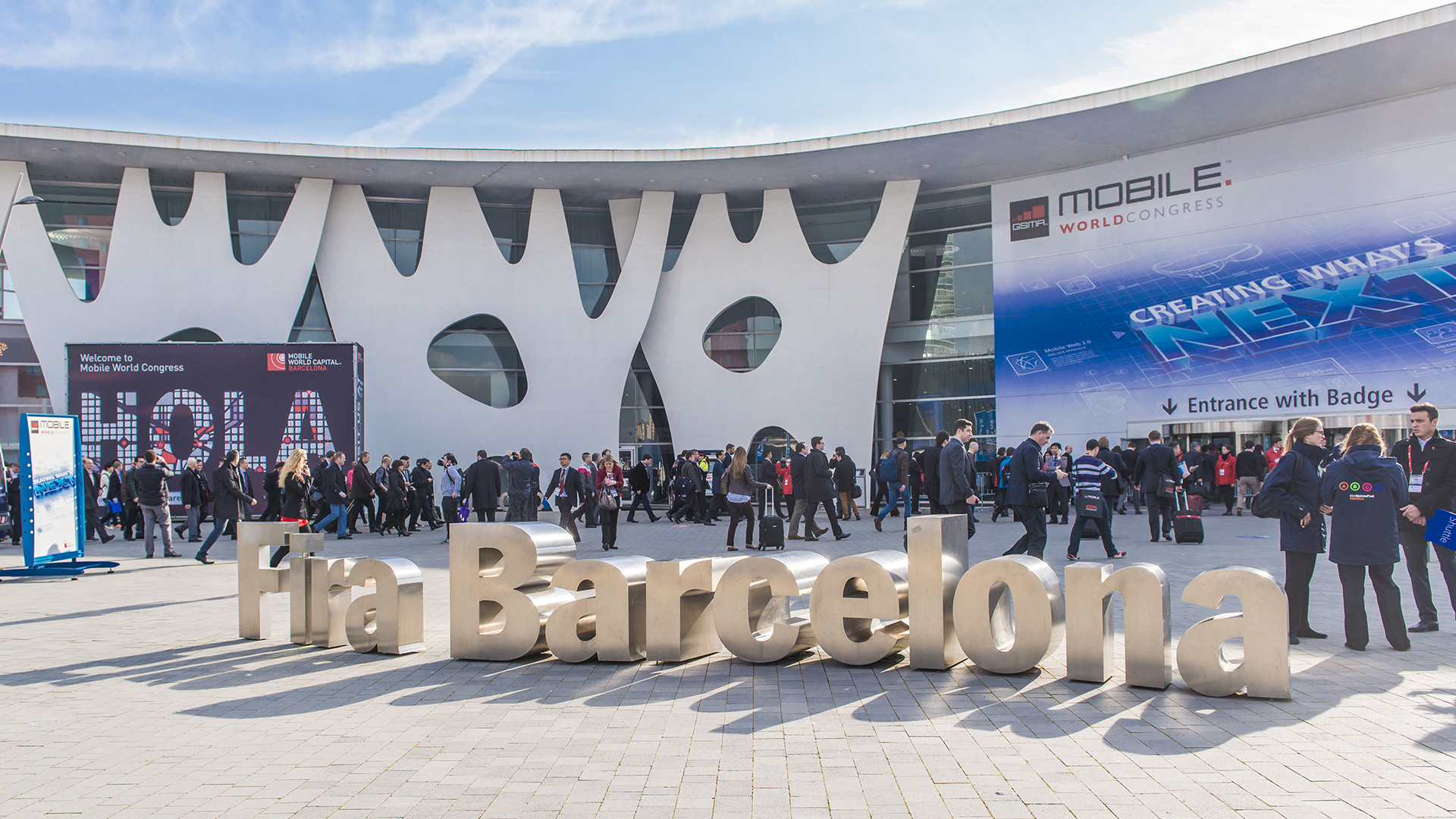
We're now on the third day of Mobile World Congress 2023, and there's still plenty of stuff to check out on the show floor in Barcelona.
Some of the biggest names in the mobile industry — including Lenovo, Honor, OnePlus, Xiaomi and more — have had brand new products to show off and announce, plus some other unusual concepts and prototypes that we hope will become real, purchasable devices soon.
Not only will Tom’s Guide bring you the latest and best news from MWC, we’re also going to be on the show floor throughout the week. That means getting hands-on experience of these new products, and some of the other brilliant tech on display.
Below are all the biggest announcements from MWC 2023 so far, and you can scroll further to see all the breaking news and coverage as it happens.
Top Mobile World Congress Announcements
- Lenovo has new concept designs for laptops and phones that include rollable displays.
- Motorola Defy Satellite Link adds satellite connectivity to phones via Bluetooth connection.
- Xiaomi's got a new quartet of devices, including the Xiaomi 13 Pro
- The OnePlus Concept 11 has already wowed us with world-first liquid cooling tech
- We got some hands-on time with the OnePlus Pad, which looks like an instant iPad rival
- Honor's new Magic5 Pro could be coming for the Galaxy S23 Ultra's throne thanks to its competitive cameras, display and more.
- A 3D tablet from Nubia has turned our heads, although we've got questions
- Another announcement from Honor concerns new silicon-carbon batteries.
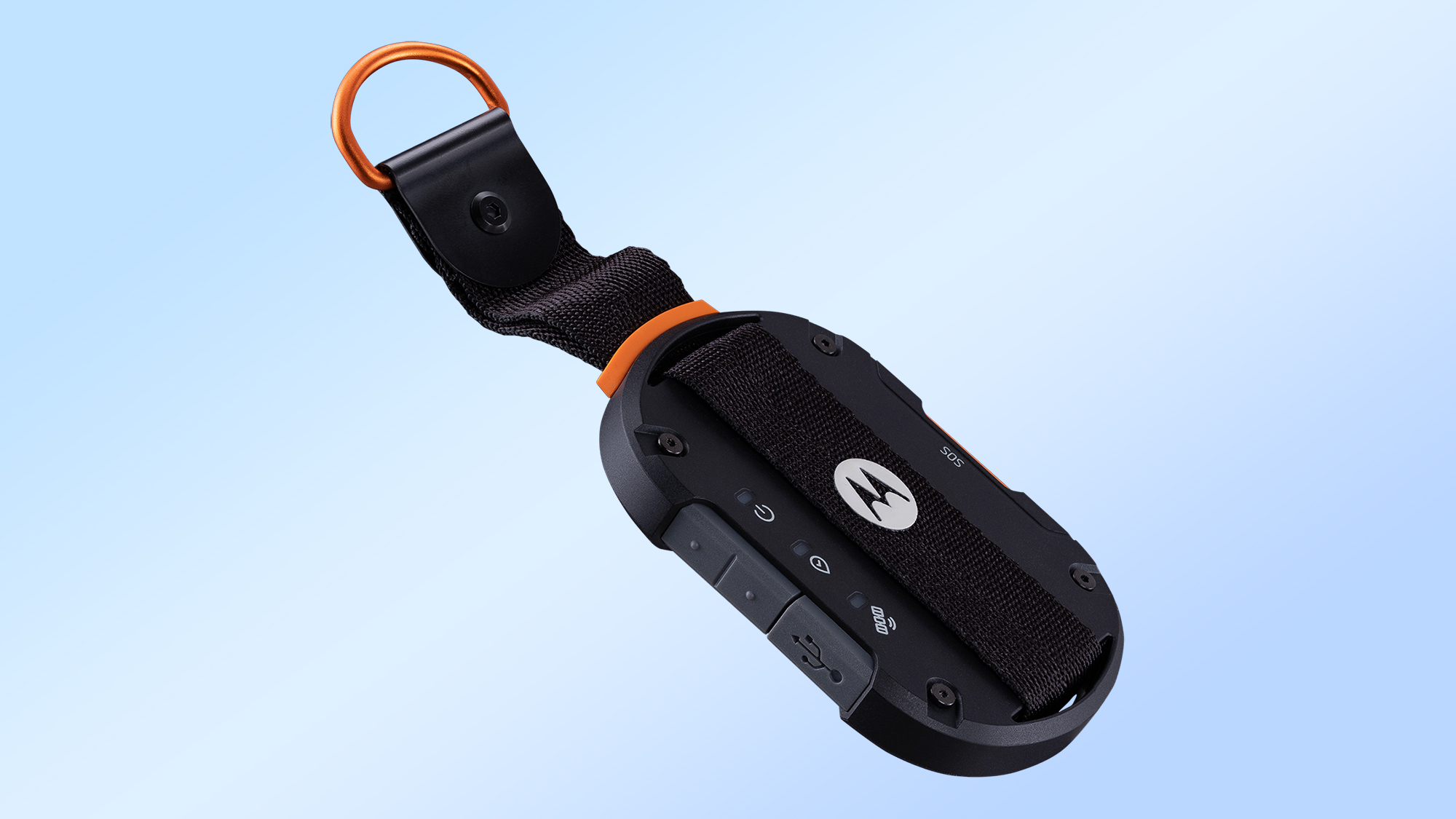
Our favorite among the products we've seen so far on Sunday is the Motorola Defy Satellite Link. While the likes of the iPhone 14 may have an emergency satellite SOS system built in, this gadget can add this feature to any smartphone via a Bluetooth connection. And it costs just $99, plus a subscription that starts at $5 a month.
If that wasn't enough, downloading the Bullitt Satellite Messenger App offers a two-way satellite messaging. That allows you send messages to the satellite, and have them passed on to a recipient as a standard SMS text message. If your recipient has the same app, the system will reverse to let them respond - and at no cost to them.
Frankly, it's going to be hard to top that, and the show has only just begun. Of course MWC 2023 will have plenty more cool stuff to offer, so be sure to check back later for our ongoing live coverage direct from the show floor.
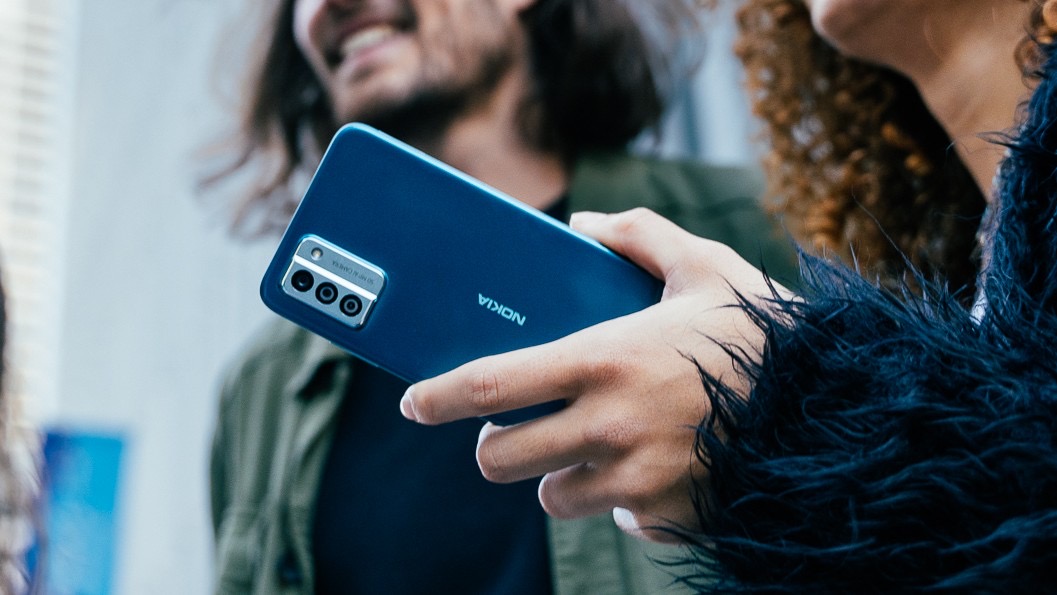
Flagship phones tend to get the majority of the attention, but the low cost phones still keep coming. HMD, the company that makes Nokia phones, has three brand new low cost devices coming this Spring — the Nokia G22, Nokia C32 and the Nokia C22.
The G22 has been built with repairability in mind, thanks to a partnership with iFixit. The idea here is that ordinary people can switch out the battery and screen without having to pay a professional for the privilege. U.S. pricing hasn’t been announced, but it’ll be available in the U.K. from March 8 for £150.
The Nokia C32 is designed to bring better photography to low budget phones, packing in a 50MP camera. Both it and the C22 will also maintain the same durability and long battery life modern Nokias are known for. In fact HMD claims that both phones offer a 3 day battery life, toughened glass and elegant designs you wouldn’t normally associate with cheap handsets.
U.S. pricing hasn’t been announced yet, but the Nokia G22 goes on sale in the U.K. for £150 on March 8. The C32 and C22 will go on sale this spring, priced at £130 and £110 respectively.
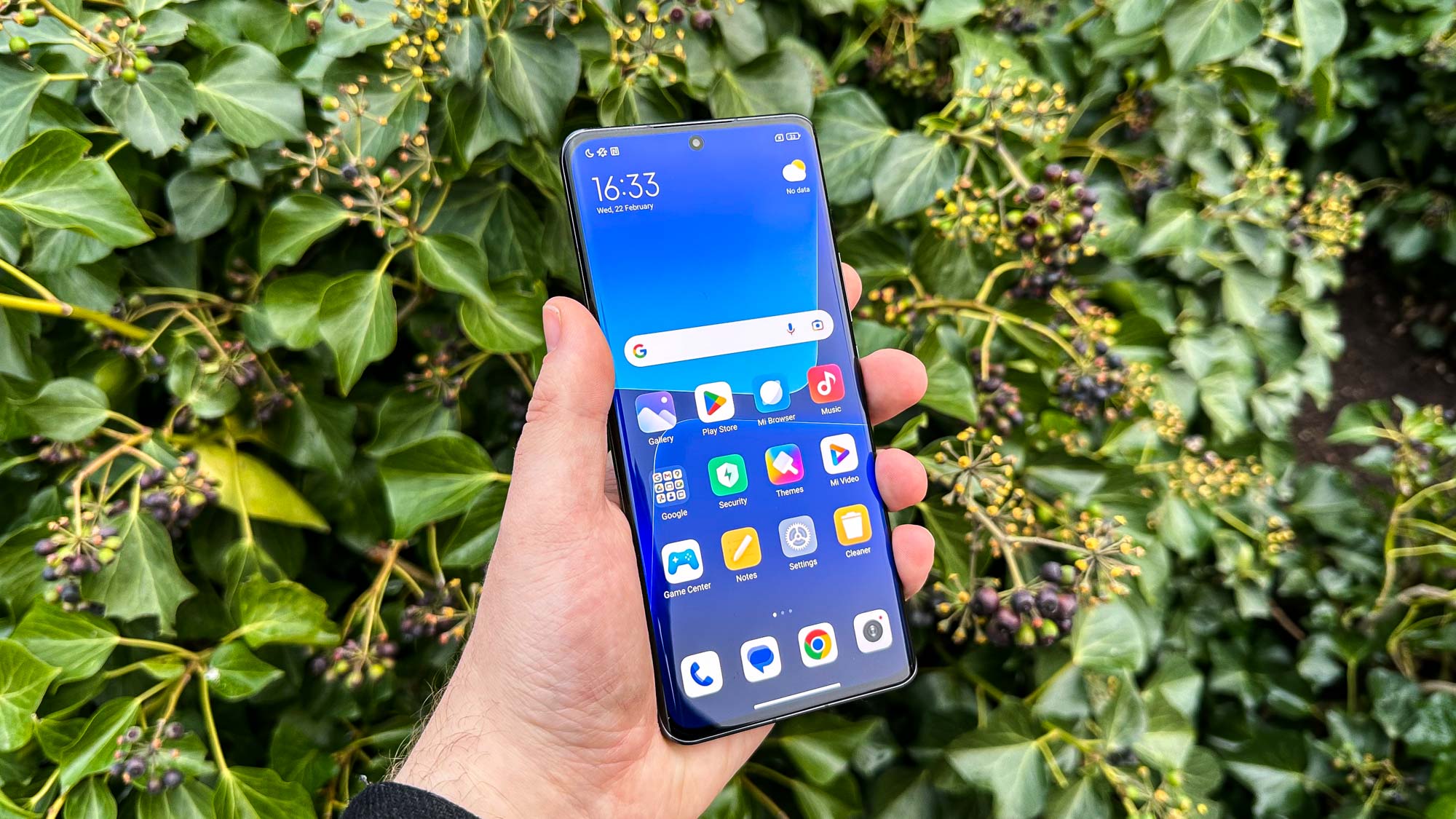
Xiaomi's picked MWC as the spot to reveal its latest flagship phones, the Xiaomi 13 and Xiaomi 13 Pro, as well as a new pair of true wireless earbuds, the Buds 4 Pro and a Watch S1 Pro smartwatch.
The new phones both feature the Snapdragon 8 Gen 2 chipset and 50MP main cameras with Leica tuning, as well as speedy charging (50W in the basic phone's case, 120W for the Pro). The Pro goes even further though with a 1-inch main sensor and 50MP sensors for both its ultrawide and telephoto cameras too.
Meanwhile, the Buds 4 Pro cover the key premium earbuds features of adjustable ear tips, active noise canceling, LDAC and Hi-Res Audio Wireless support and "Dimensional" spatial audio. Finally, the Watch S1 Pro offers a two-week battery life, a 1.47-inch AMOLED display protected with sapphire glass and a wealth of health and sports features like exercise tracking, SpO2 monitoring and more.

MWC is a show for concept designs, and Lenovo has taken that challenge up. We've just seen new rollables from the company that extend the screens on both phones and laptops.
Sadly, neither of Lenovo's concepts are close to being ready to release, but they do show us what rollable display technology will mean for tech devices. In the case of Lenovo's rollable phone, the 5-inch screen adds an extra inch with the press of a button. When not expanded, that spare display real estate can act like the cover display on a Galaxy Z Flip phone.
The rollable laptop from Lenovo can extend the screen to double the available space. In our demo, we saw a 4:3 aspect ratio on a laptop convert to an 8:9 ratio — the equivalent of two 16:9 displays stacked on top of each other.
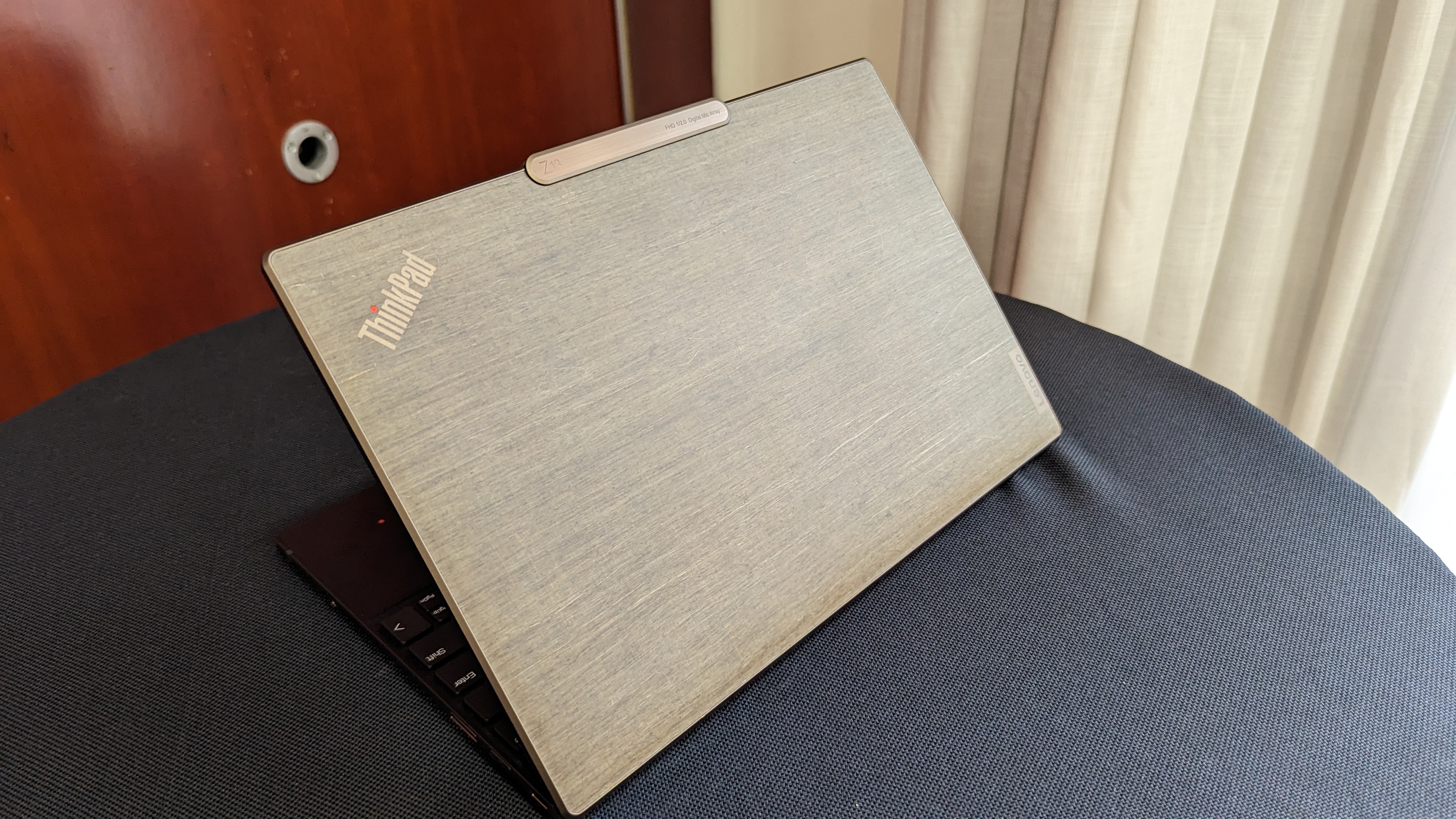
Sustainability is a hot topic right now, and Lenovo’s done a couple of things to try and show its taking the issue seriously. That involves a new plant-based laptop shell and plastic-free, biodegradable laptop packaging.
The Flax Fiber Cover is an optional extra for the new ThinkPad Z13, made from woven strands of flax fiber. Those strands are sourced from the stem of the flax seed plant, and once woven are encased in a special “bio-based resin” to ensure proper durability. Meanwhile the packaging is made from a mix of bamboo and sugarcane, which Lenovo promises is 100% biodegradable and compostable.
It doesn’t change the fact that big tech is a pretty dirty business, but baby steps are still progress.
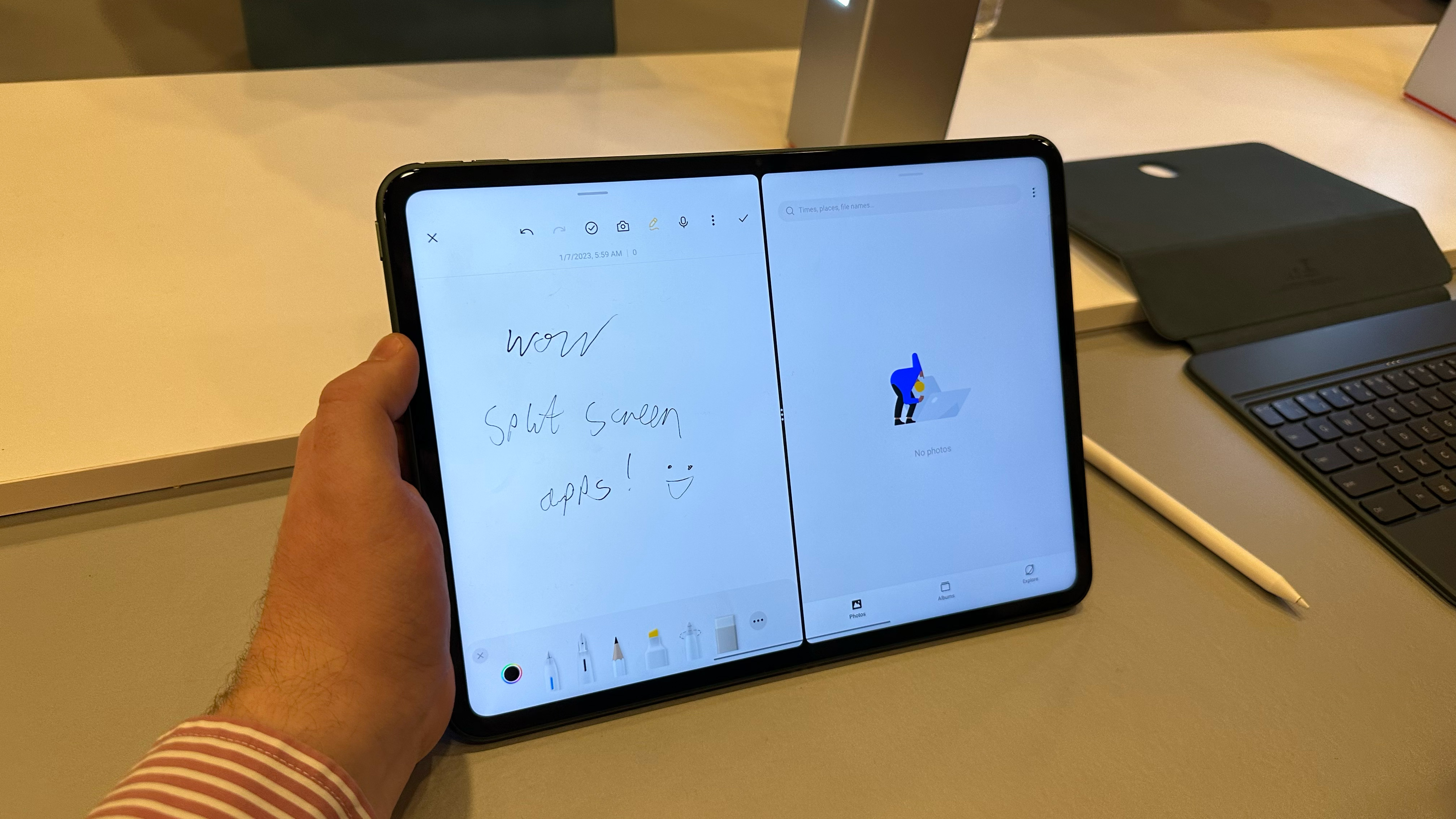
We knew about the OnePlus Pad prior to Mobile World Congress, as OnePlus announced its first attempt at a tablet alongside the release of the OnePlus 11 earlier this month. But MWC afforded us the chance to experience some OnePlus Pad hands-on time, so we have some initial impressions to share on the tablet ahead of its April release.
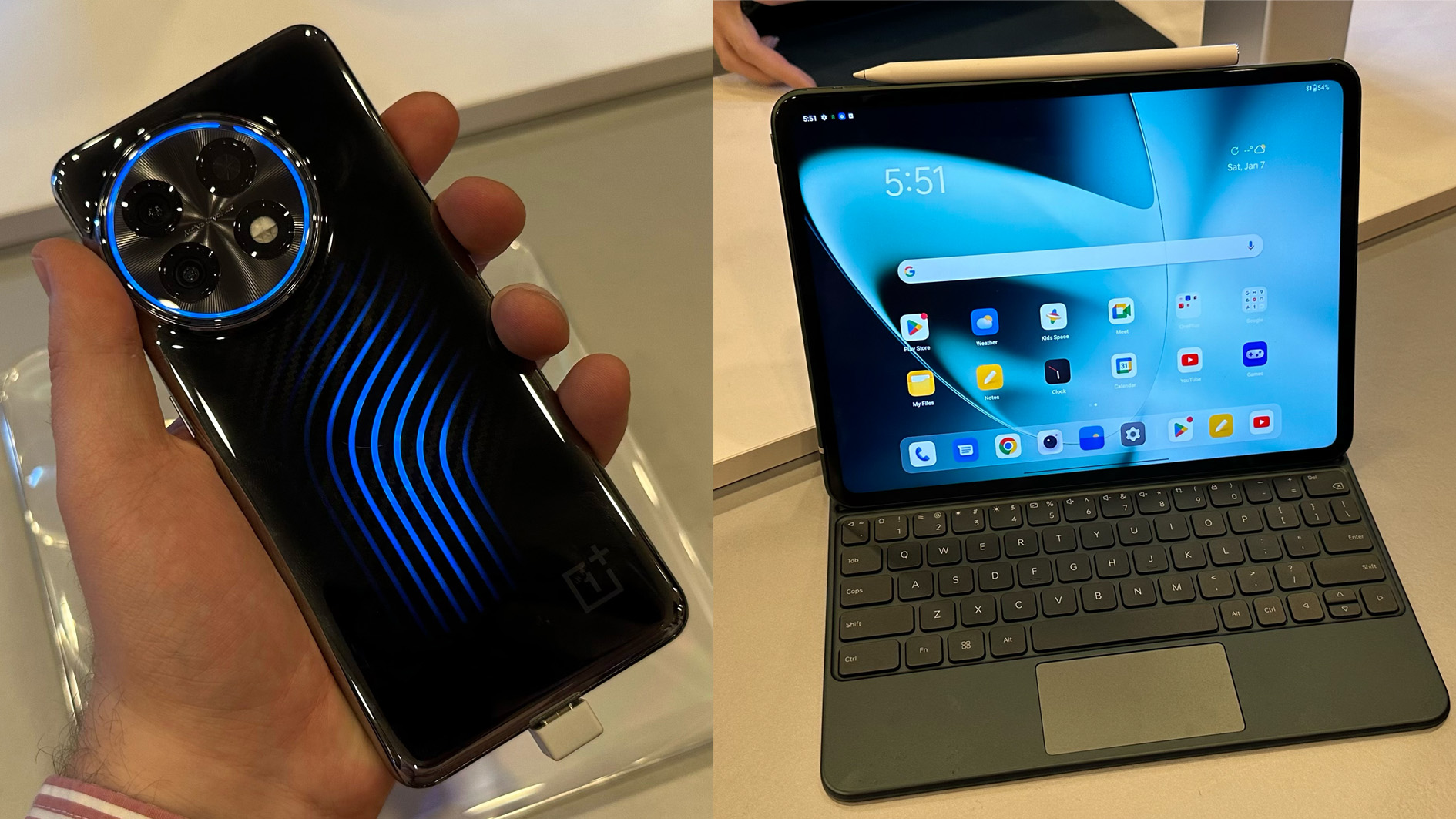
Good morning from Barcelona! Richard and Tom are here to see, hear and generally mess around with all the new stuff getting announced at MWC today. Stuff such as the OnePlus Concept 11 and OnePlus Pad.
As its name suggests, the Concept 11 isn't going to be available for purchase, but is rather a platform for OnePlus to show off. It features the world's first smartphone-sized liquid cooling system for sustained performance, and unique design elements that it claims you'd normally find on expensive wristwatches.
The OnePlus Pad is going on sale however, with a release slated for April. It's obviously an iPad/Galaxy Tab rival, but while OnePlus borrows some features like tablet-phone collaboration and stylus compatibility, it also does some more unique things like offering a squarer-than-average display and rapid charging tech. It'll be interesting to see how the final thing performs against Samsung and Apple's best.
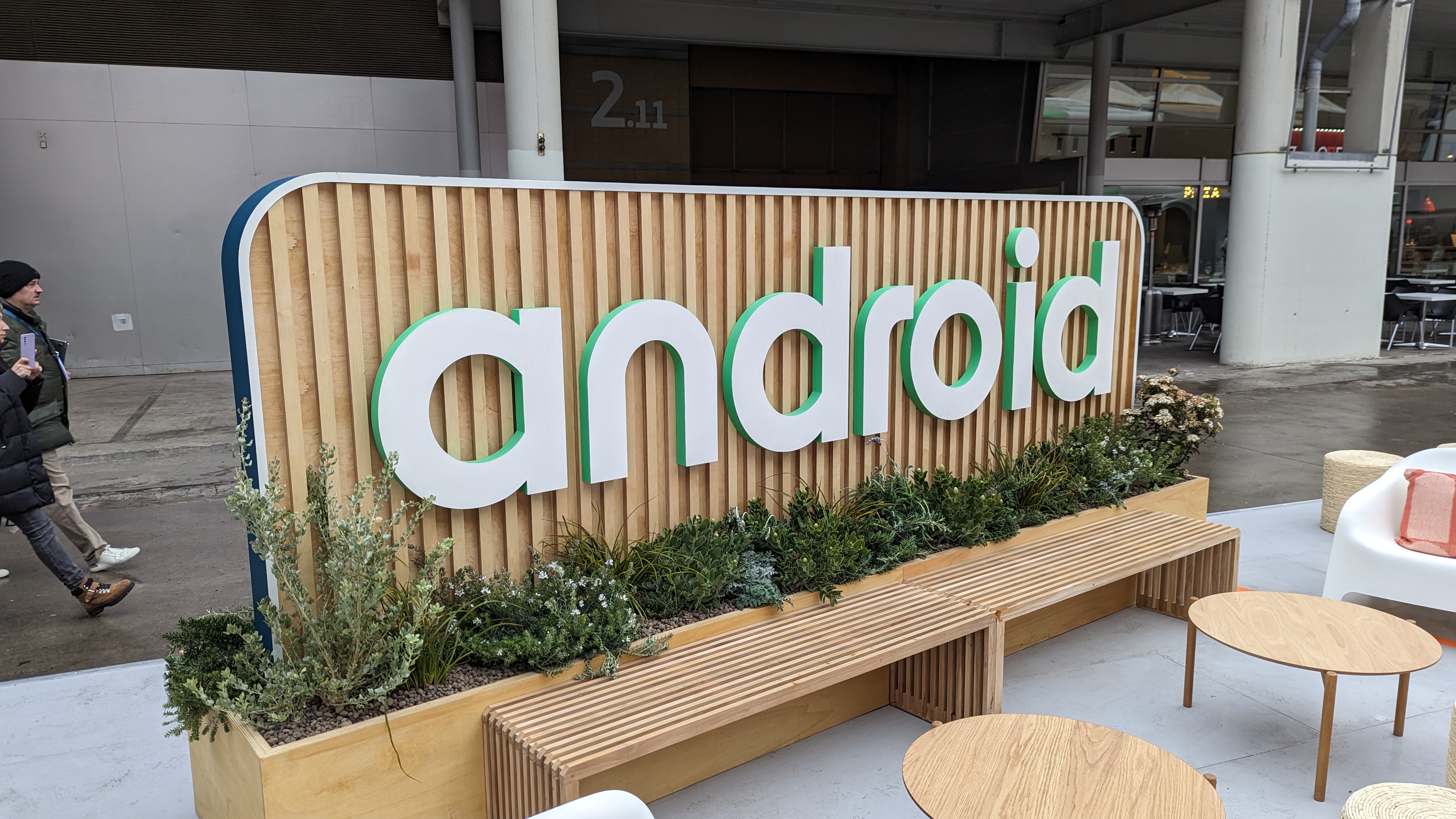
Android just dropped its second feature update of the year, perfectly timed with MWC and bringing a bunch of new upgrades to Android phones. Upgrades that are rolling out right now, focussing on productivity, accessibility and a couple of features that are a little more fun.
More specifically these features include a brand new single-note widget for Google Keep, noise cancellation for Google Meet calls, annotation features for PDF files within Google Drive, and the option to blend emojis together as custom stickers. Google Wallet is getting some cutesy animations as well, to liven up the mundanity of making payments.
Also coming is the option to enlarge Chrome content by up to 300%, while also preserving the page format. Wear OS is also getting in on the accessibility action with mono-audio sound and display modes for color-correction and grayscale.
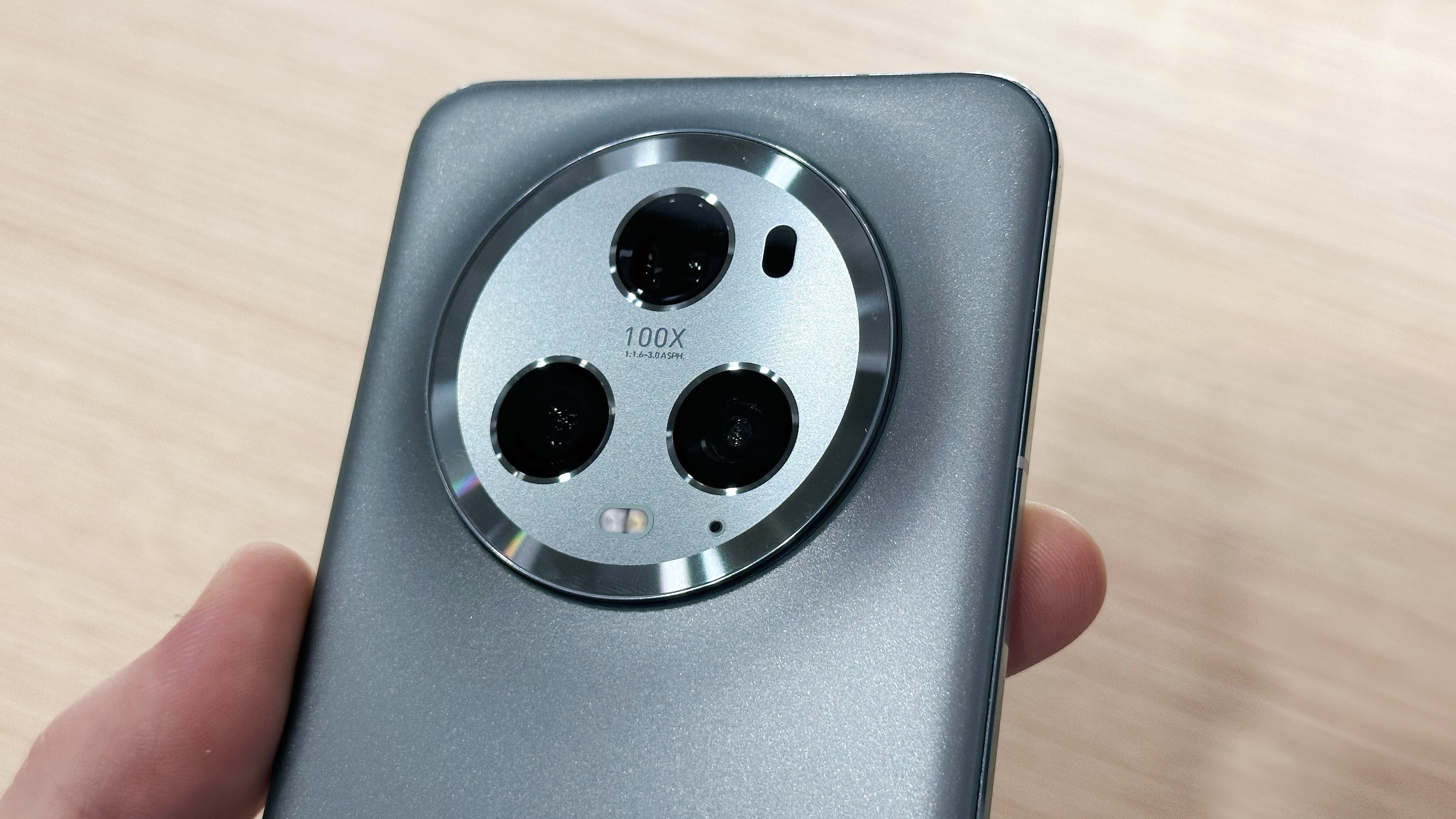
Honor announced its new flagship phones today, and the Magic5 Pro is in particular looking enticing.
What it offers is a trio of 50MP cameras, 66W charging, a display stuffed with anti-eye strain technology like dynamic color adjusting and and a price that's not quite as large as its rivals.
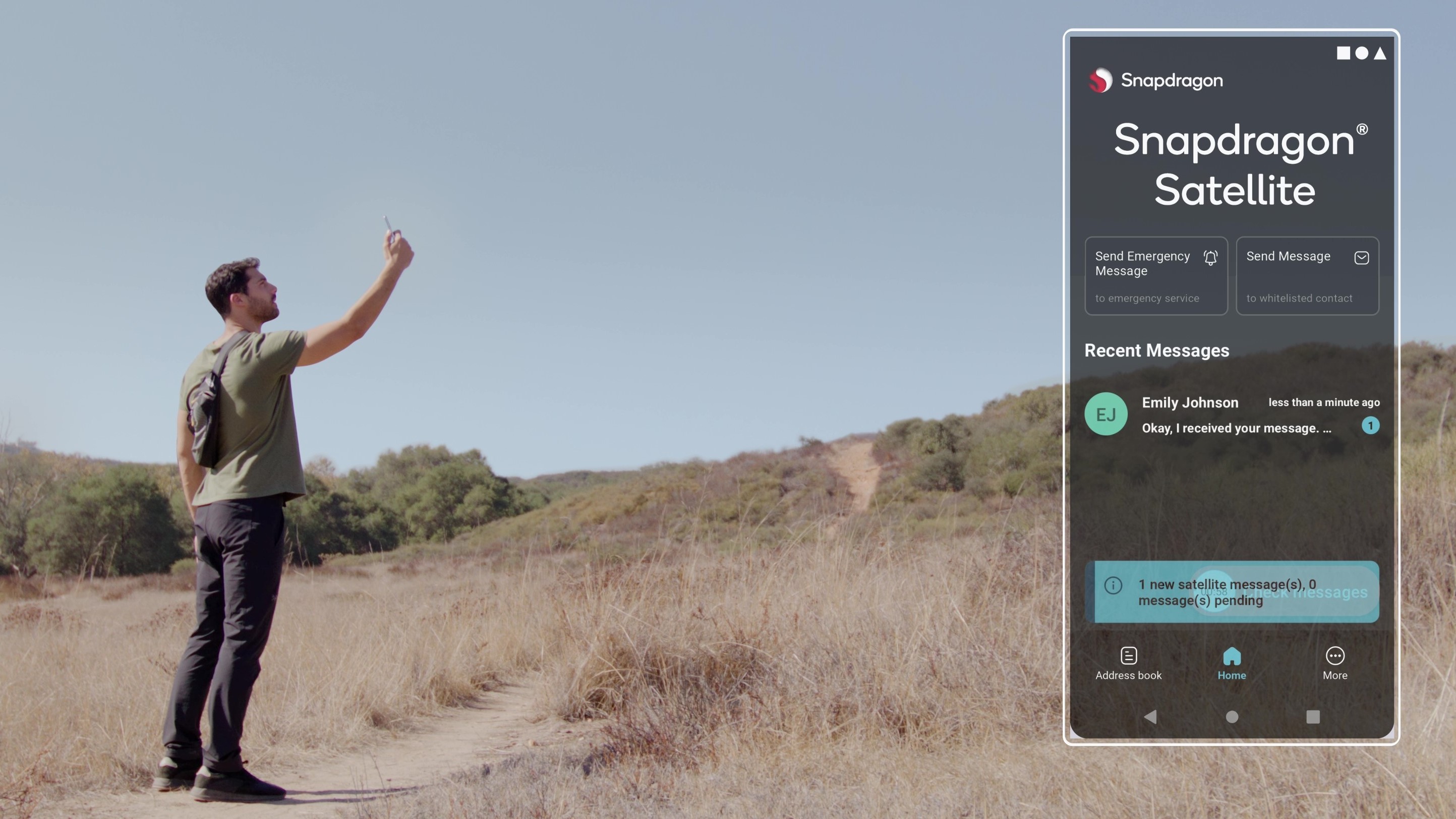
Upcoming phones from the likes of Honor, Motorola, Oppo, Xiaomi, Nothing and Vivo are going to be able to do something the iPhone 14 can do — make contact with a satellite if you need to send an emergency message and there's no cellular connectivity to be had.
Those six phone makers are working with Qualcomm to support the Snapdragon Satellite capability the chip maker announced last month. At MWC, Qualcomm revealed the first phone makers who are going to support satellite connectivity for future Android devices.
The rollout sounds like it's going to happen in the second half of this year, making us wonder whether it will be in time for phones like the Nothing Phone (2) that's apparently coming to the U.S. this year. Nevertheless, today's news is a welcome development as we see which phones are going to match the iPhone's added safety capabilities.
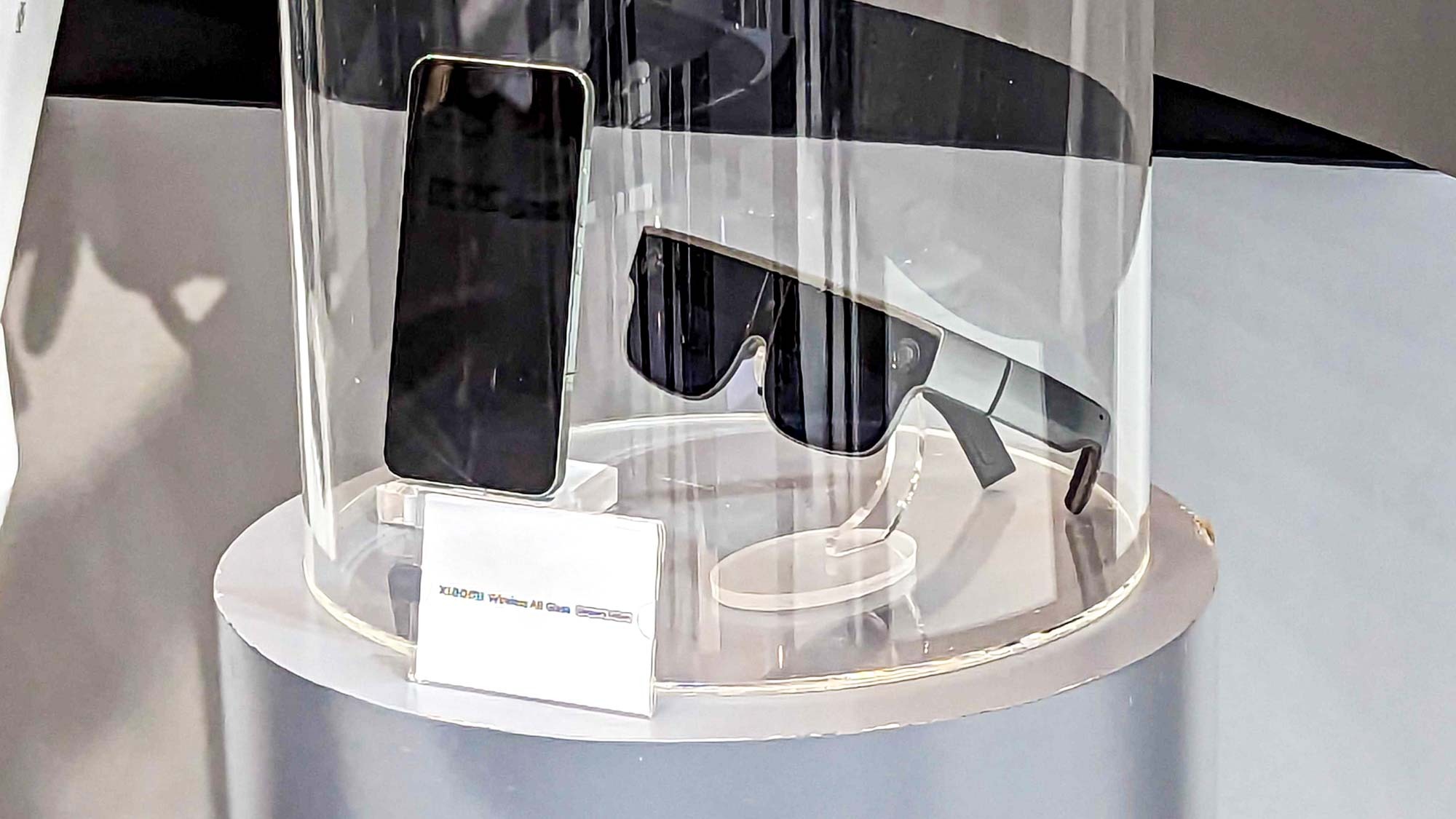
It's not just phones and tablets at MWC — we're also getting a glimpse at assorted augmented reality tools, with Xiaomi grabbing the spotlight. Specifically, the Chinese phone maker is showing off its Wireless AR Glass Discovery Edition, a concept design for augmented reality glasses.
Certainly, the Xiaomi AR glasses look good, and they would be completely wireless, connecting to a phone via a low-latency link. All of that sounds nice in theory, but our colleague Malcolm McMillan thinks the Wireless AR Glass Discovery Edition shows off the flaws of augmented reality too.
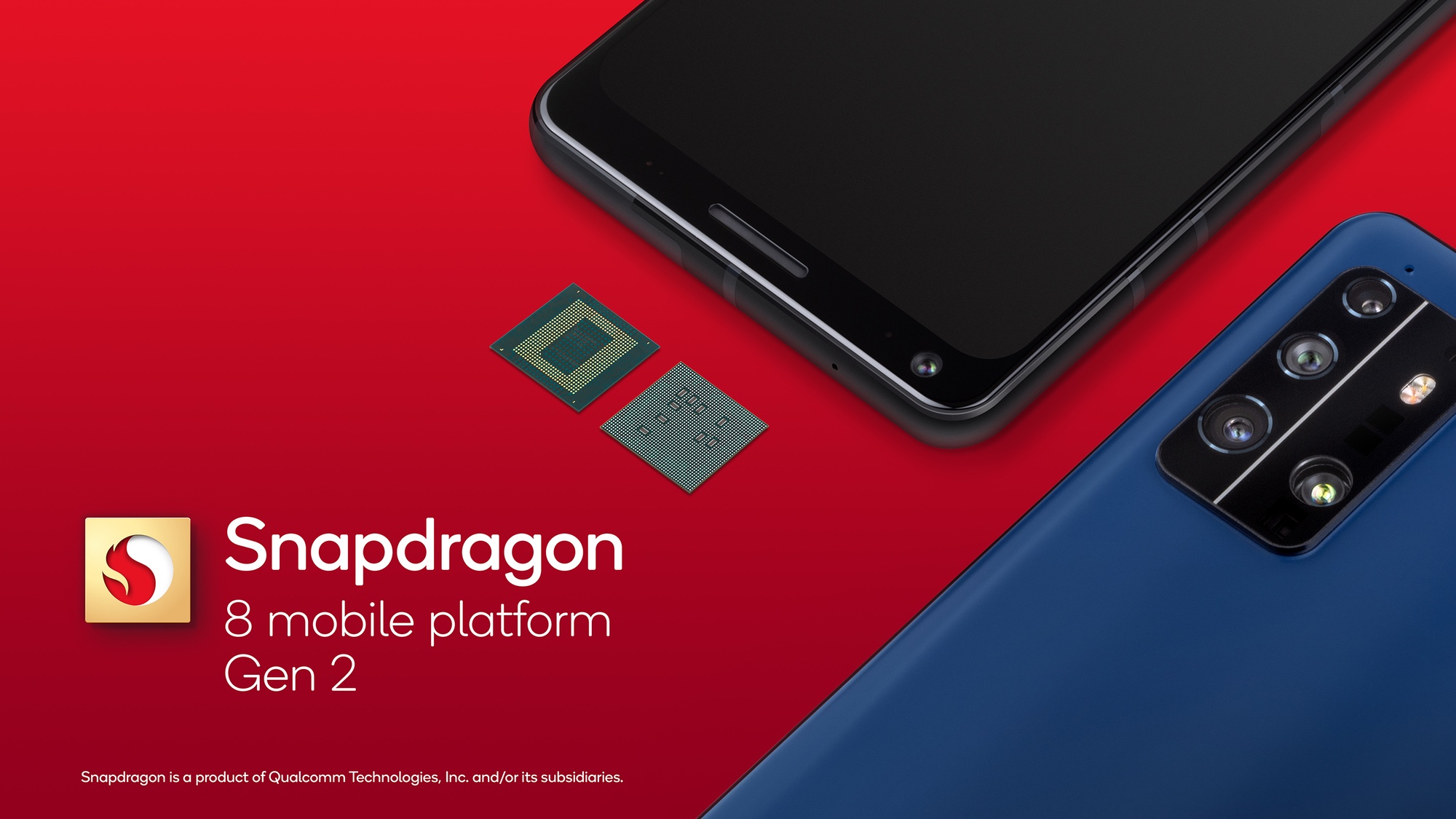
eSIM might be a big step up from the physical SIM card, but iSIM might be the next step up from there. Or that's what Qualcomm thinks, at least. The company has just announced at MWC 2023 that the Snapdragon 8 Gen 2 platform has been certified for iSIM capabilities.
What's the big deal, you might ask? iSIM is actually a part of the Snapdragon 8 Gen 2, meaning it takes up significantly less space than eSIM and the physical SIM card tray. It also promises to use "significantly less" power during use - all while offering the same advantages as eSIM where data management and security are concerned.
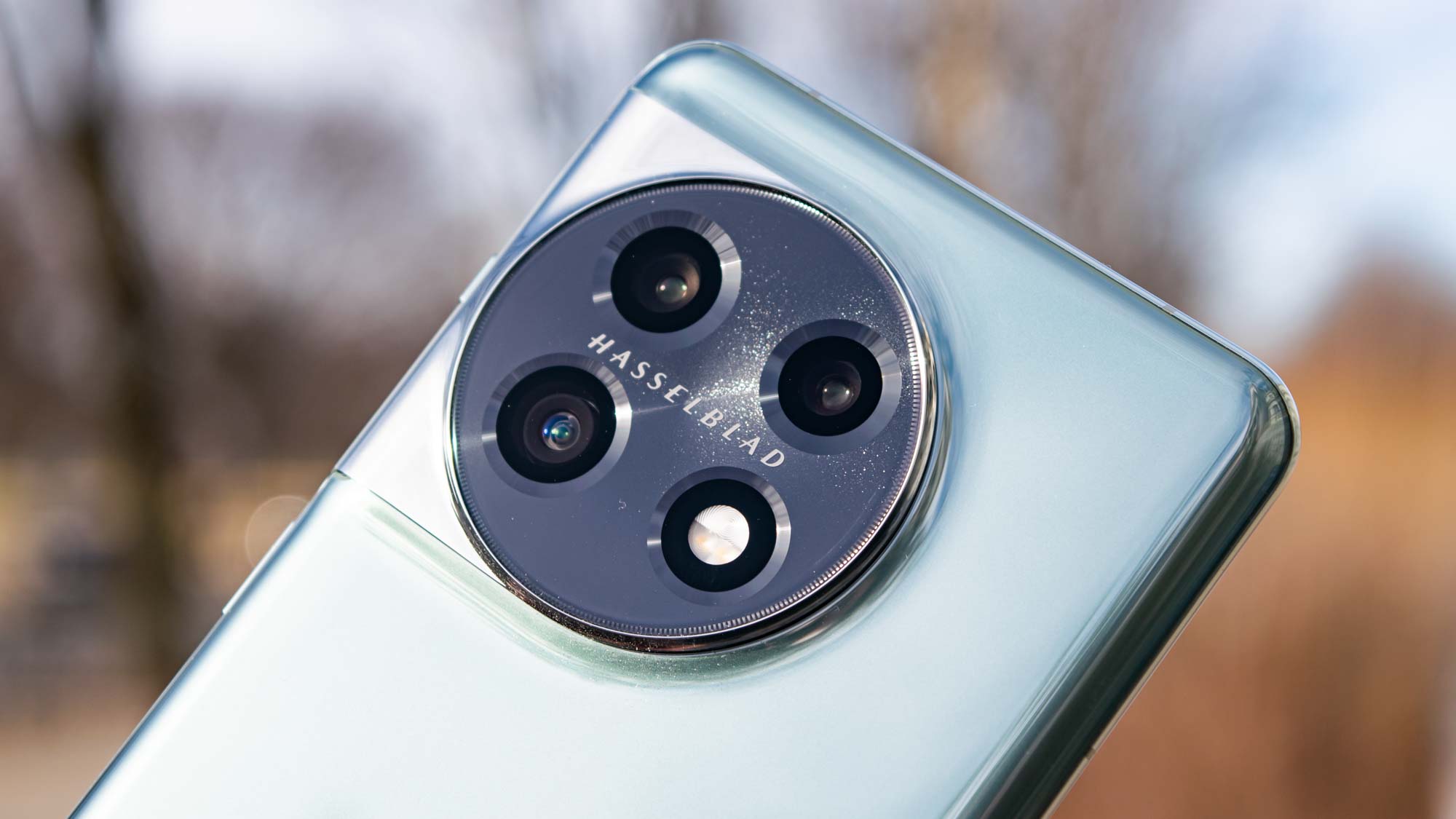
We thought OnePlus was done with its announcements after the 11 Concept and OnePlus Pad, but now it's casually dropped that its first foldable phone will appear by the end of 2023.
You can read our full analysis of the announcement above, but safe to say we're excited to see what OnePlus will come up with, especially given the quality of the foldable produced by Oppo, its sister company.
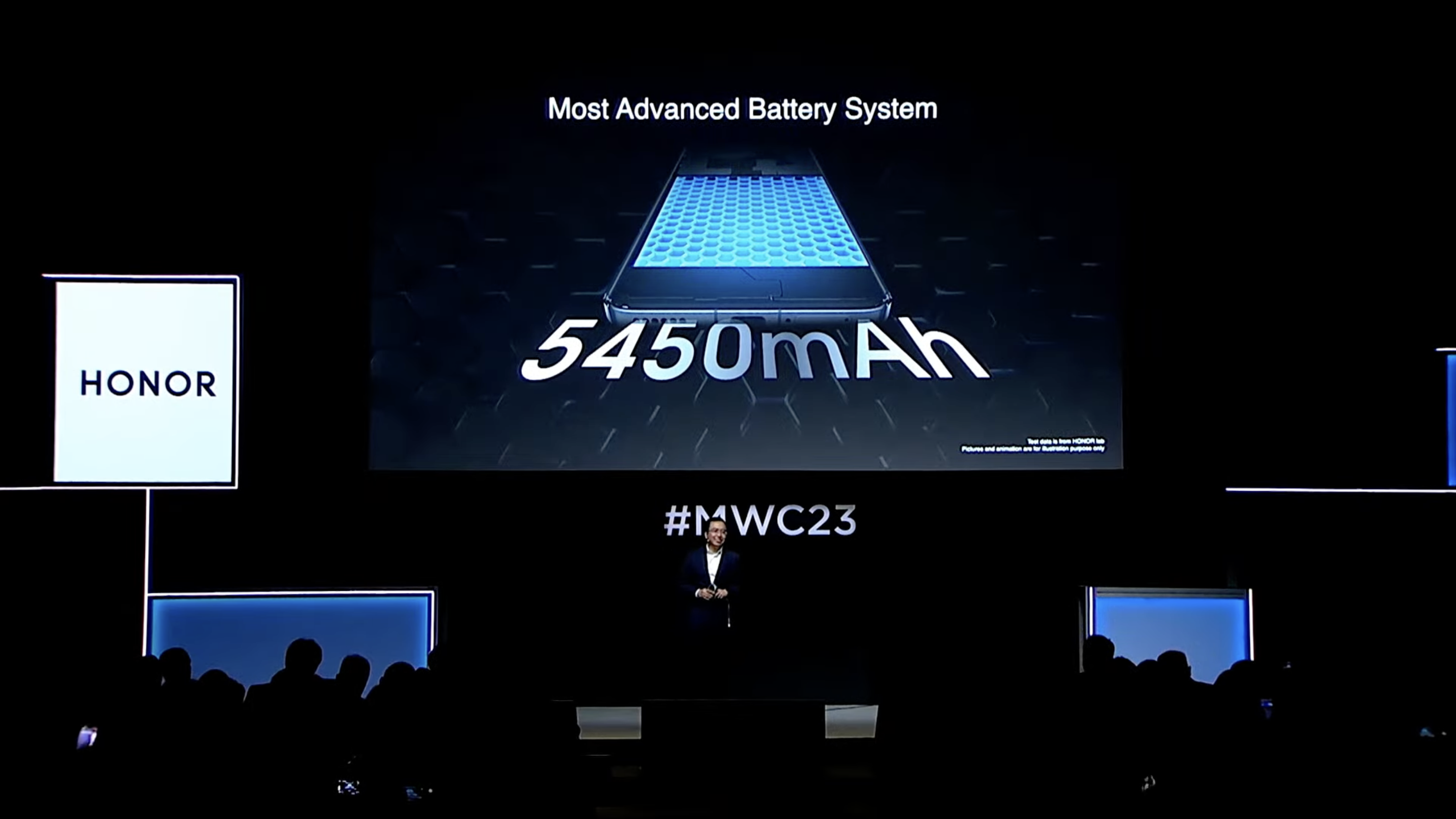
Alongside its new phones, Honor is also promoting its new battery tech.
These cells use silicon and carbon rather than lithium-ion to store energy, which allows the battery to pack in more milliamps in less space. It's already being used on its Magic5 Pro phone, but only the Chinese version, not the global version the rest of us will be able to buy.
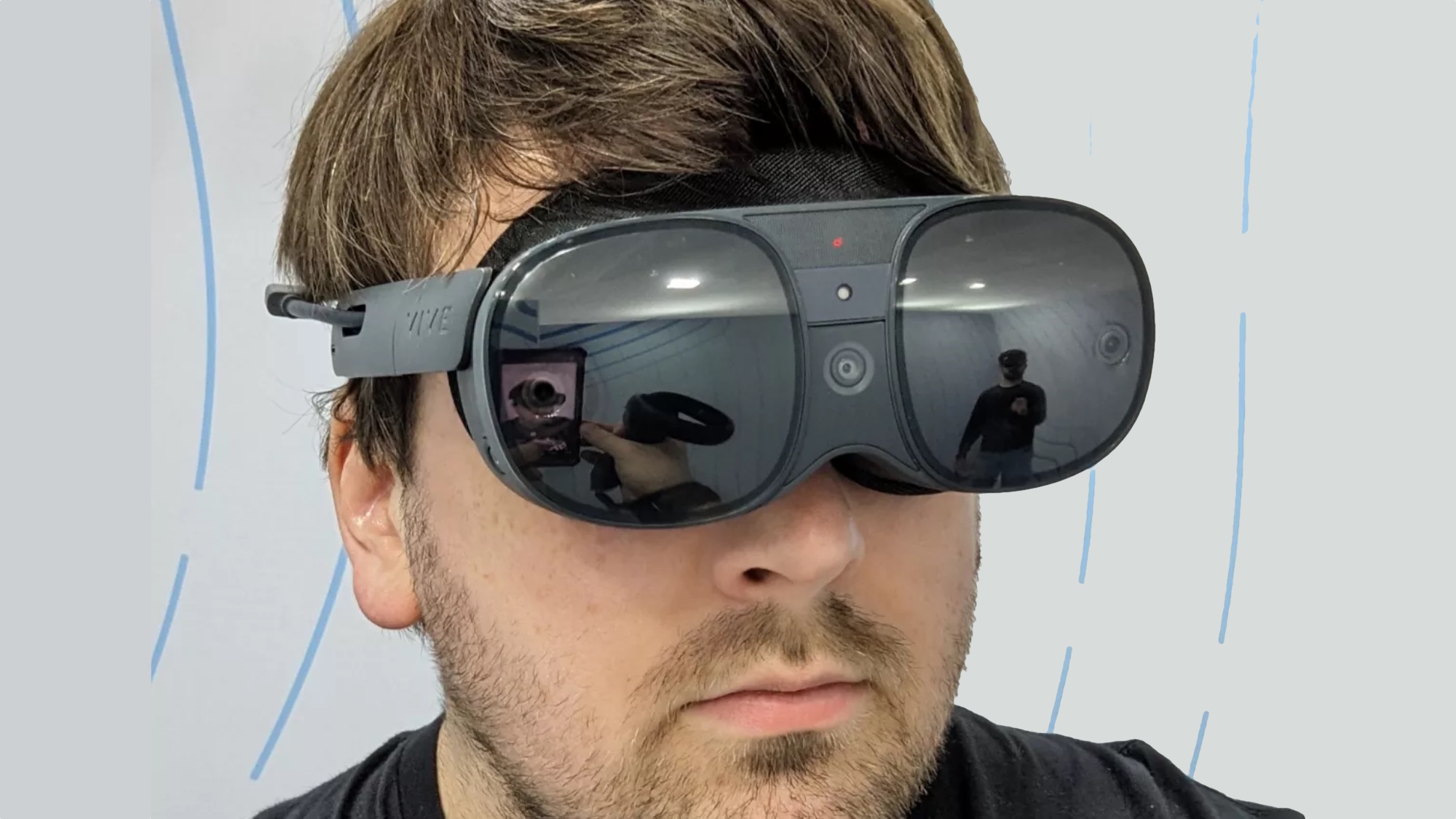
If you're the sort of person that gets ill at the thought of VR headsets — not to mention gets motion sickness from actually wearing one — the HTC Vive XR Elite may be what you've been waiting for. During our HTC Vive XR Elite hands-on time at MWC, we were able to use the headset with minimal ill effects, which hasn't always been the case in these kinds of demos.
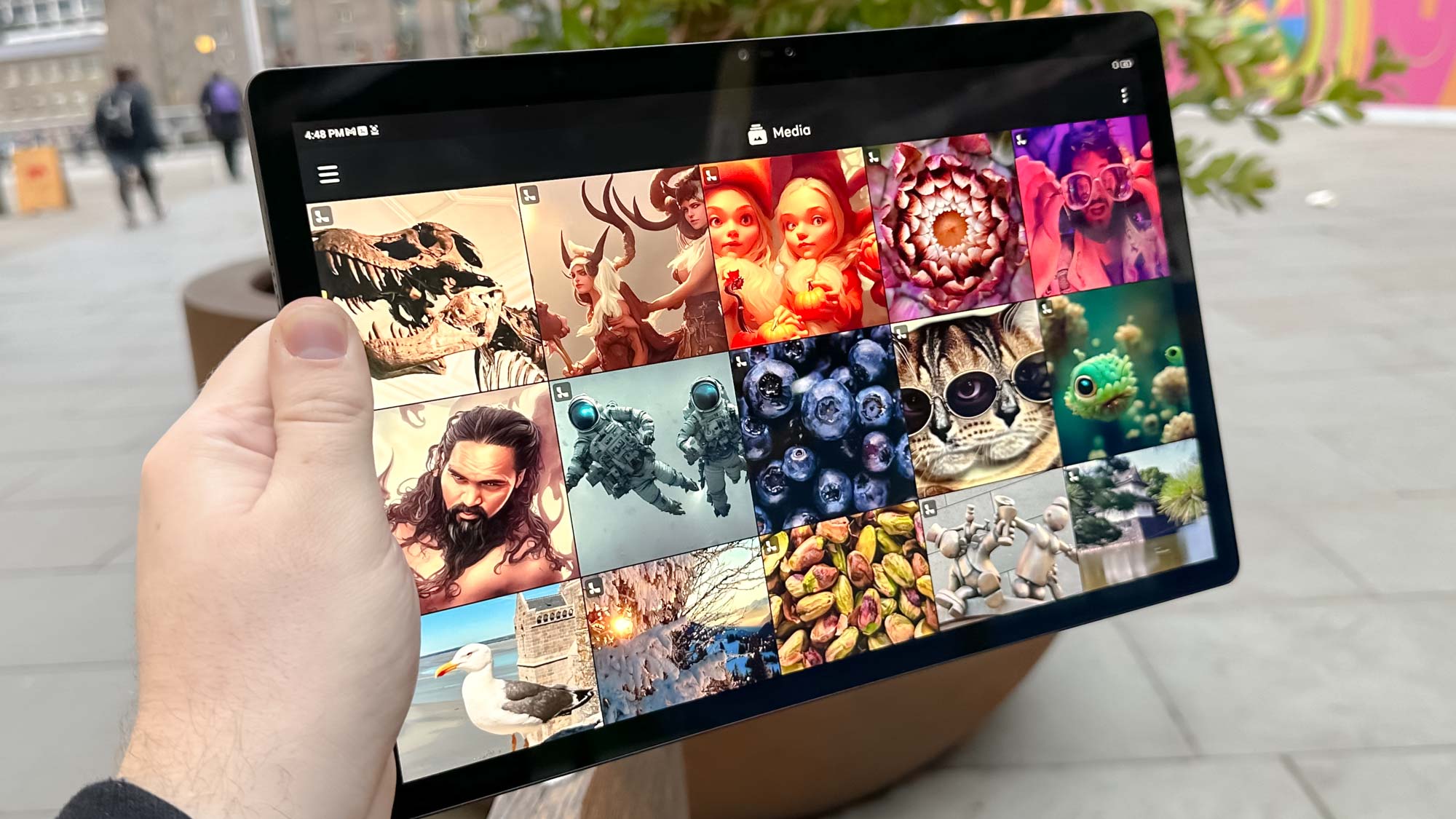
The Nubia Pad 3D is a tablet capable of producing a stereoscopic 3D effect without needing any extra tools. We spent some time testing it prior to MWC, and were quite impressed with how well the tablet provides the tools to create and view 3D images.
Some of the tablet's design elements and internal components, not to mention its high price, make us wonder how much of a competitor to the iPad or Galaxy Tab S series it'll actually be. It's still kind of cool though.
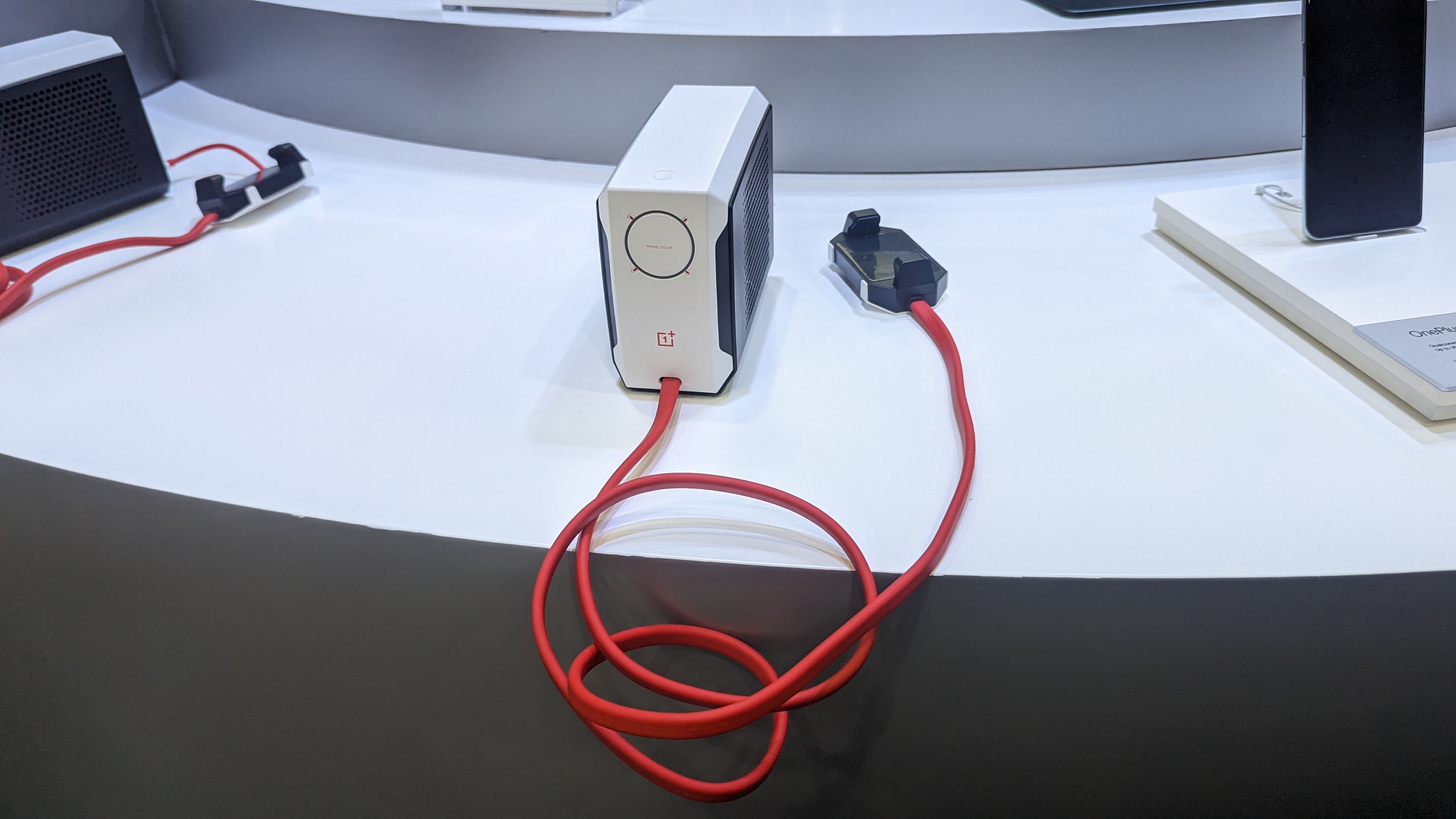
One of the more bizarre appearances at MWC was the 45W Liquid Phone Cooler from OnePlus and OPPO. It may look like some kind of power supply, but it’s actually a mix of liquid cooling and semiconductors that can reduce the temperature of your phone by around 68 degrees Fahrenheit.
And it works too. We gave it a try on one of the OnePlus phones on show, and it was noticeably cooler after just a few seconds. The OPPO variant also offers 10W wireless charging, and a magnetic design that will can be used to cool down any flat surface — not just your smartphone.
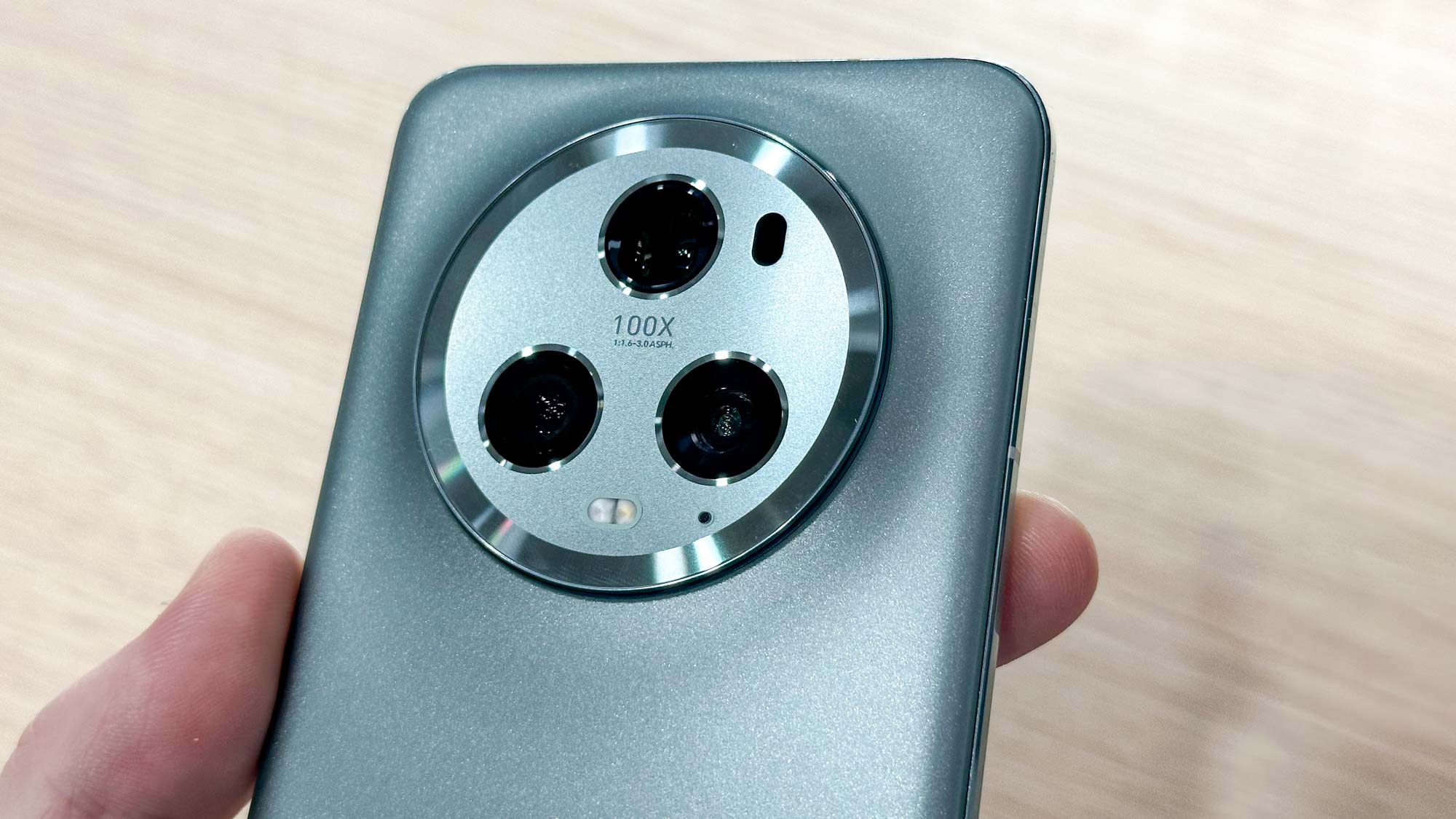
MWC is a hot bed of new phone tech and innovation, and this year it seems phone makers have gone all in on photography - ensuring devices have some really quite incredible cameras. The Honor Magic5 Pro, our pick for Best Phone of MWC, for instance, has a triple lens camera with 50MP lenses across the board. That's mighty impressive if you ask us.
In fact all these phones made such a mark on us, that Samsung and Apple should probably think about stepping up their game.
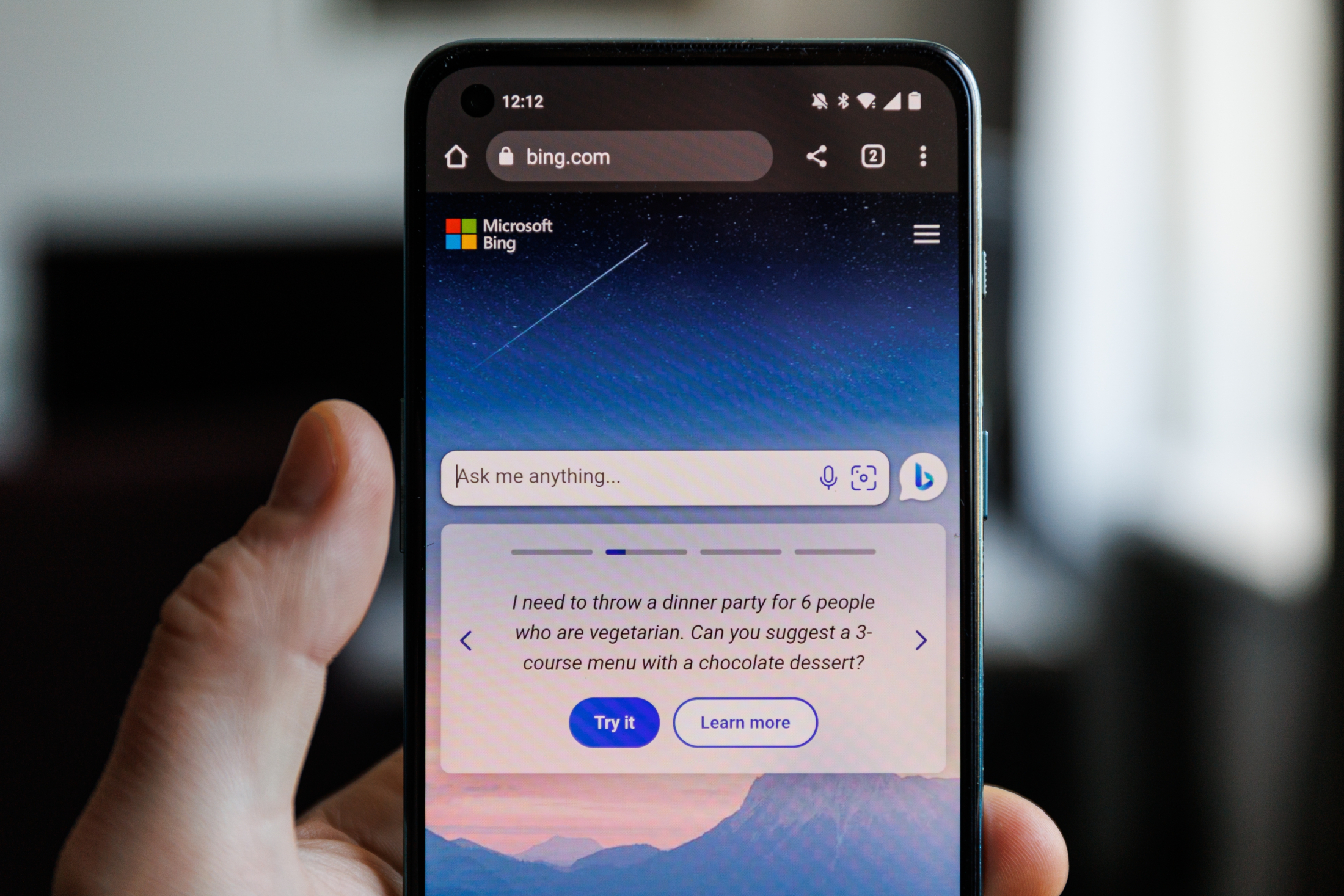
AI-powered chatbots seem to be all anyone is talking about these days in tech, especially with ChatGPT dominating so many headlines. And that extends to MWC, where the role of ChatGPT-like tools for smartphones was a huge topic of discussion this past week.
Honor CEO George Zhao offered his own thoughts on ChatGPT and smartphones during a Q&A session at MWC, and he sounds pretty bullish on the prospect. "[Honor] will consider what we can do with AI to improve the user experience," Zhao said.
You can get the full comments from Honor's George Zhao on ChaptGPT and smartphones in our report from MWC.
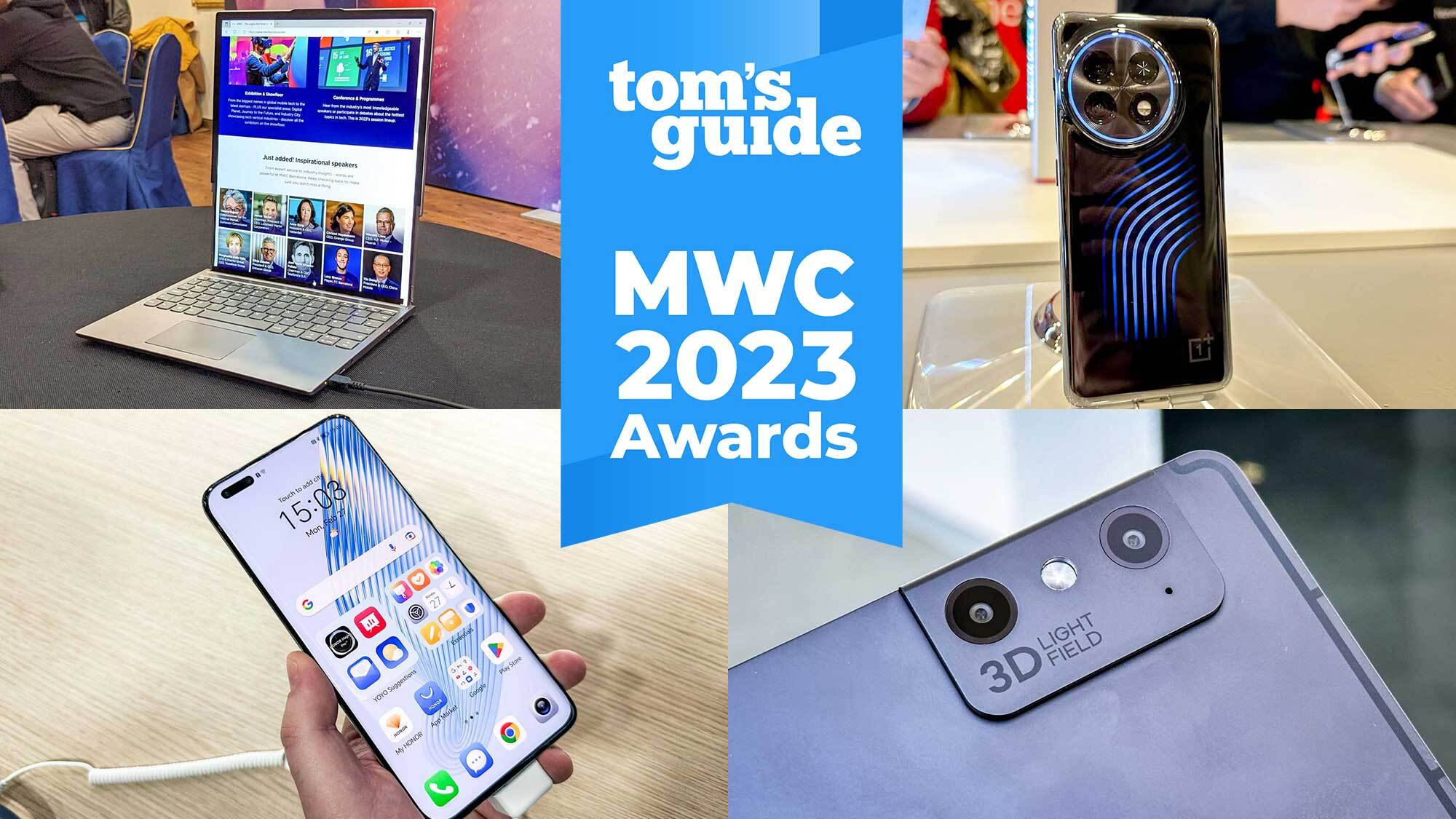
We saw plenty of great devices at MWC this week, and our Best of MWC 2023 awards recognize the phones, tablets and other mobile gear that caught our eye. Did we overlook something? Let us hear about it.
@tomsguide ♬ original sound - Katrina | Fitness Coach
Let's see some of our MWC 2023 award winners in action. Above is a video of the liquid-cooled OnePlus 11 Concept that caught our eye this week. (For more videos from MWC, visit the Tom's Guide TikTok channel.)
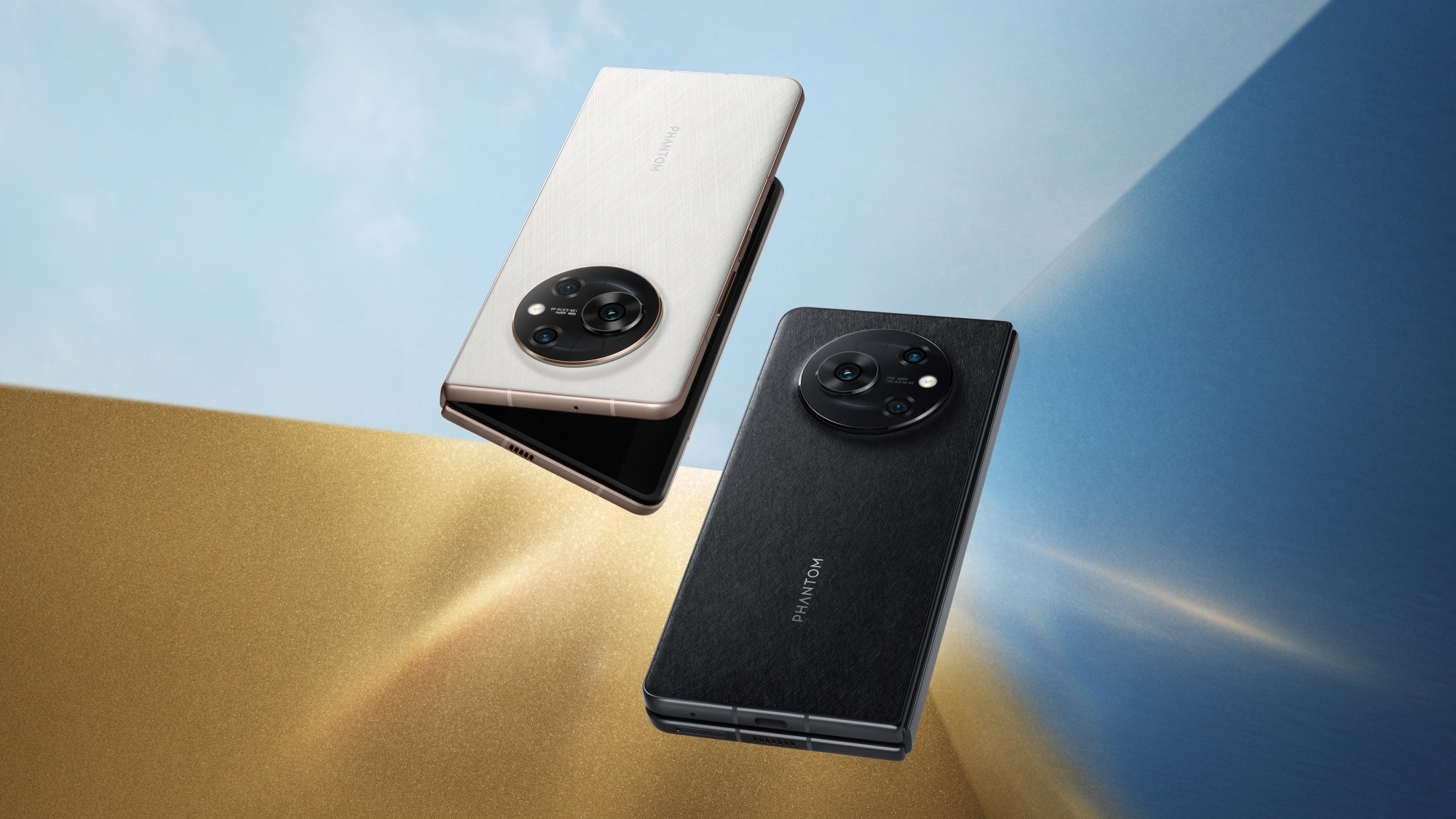
Foldable phones are still pretty expensive, but they might be on the cusp of getting slightly cheaper. In fact the Phantom V Fold, which launched at MWC has a $1,099 price tag. That's not cheap, but it's still cheaper than the Samsung Galaxy Z Fold 4.
That price includes a 7.85-inch internal display, a 6.42-inch exterior display and a 5,000 mAH battery - which are all more than Samsung offers. There's also a MediaTek Dimensity 9000+ chipset, 12GB of RAM, 45W fast charging, 256GB/512GB storage, 50MP main and telephoto camera lenses, 13MP ultrawide angle shooter plus selfie cameras on the inside and out offering a respective 16MP and 32MP resolution.
The downside is that it doesn't offer wireless charging or stylus support. It's not likely to come to the U.S. either, which seems par the course for a lot of modern foldables.
